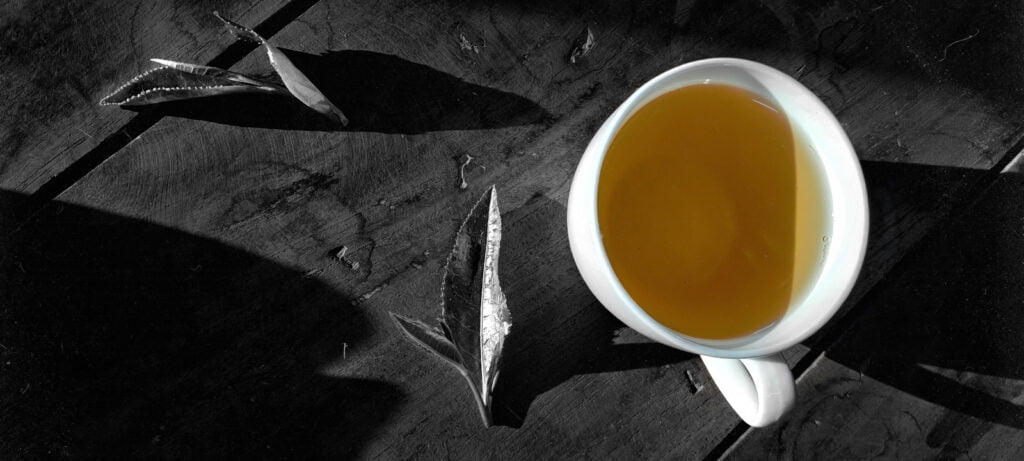George Orwell, the pen of Eric Blair, wasn’t just a writer but a truth-telling force. His novels like “Animal Farm” and essays like “Shooting an Elephant, or A Nice Cup of Tea.” His novels, like the chilling “1984”, exposed societal injustices with wit and clarity, making him a timeless voice for individual freedom and honest expression.

A Nice Cup of Tea” is an essay by English author George Orwell, first published in the London Evening Standard on 12 January 1946
At first glance, George Orwell’s 1946 essay “A Nice Cup of Tea” appears to be a simple guide to making the ideal cup of tea. But if you look beneath the detailed instructions, you will find a heartfelt confession of love for this unassuming beverage. Orwell’s love of tea goes beyond mere taste; it encompasses personal ritual, historical context, and even a hint of rebellion.
Beyond the Brewing Guide:
Orwell meticulously outlines his “golden rules” for a robust, flavorful brew. The foundation consists of Indian or Ceylonese tea leaves steeped in a teapot with fresh, boiling water, and the pot needs to be hot before brewing tea in it. According to Orowell, “the pot should be warmed beforehand. This is better accomplished by placing it on the stove than by swilling it with hot water.” I prefer to swell it with hot water, but this depends on the type of pot you are using.
Notably absent? Milk and sugar. He promotes a pure, unadulterated taste, indicating a preference for boldness and authenticity. The essay goes beyond brewing instructions. Orwell describes the process as a ritual, with each step precise and deliberate. This becomes more than just making tea; it’s a moment of calm and control amidst the chaos of life. Some might call it an obsession, and perhaps it was an obsession that brought him solace and routine, particularly during the uncertainties of wartime Britain. Orwell’s love for tea was not just a passing fancy; it was a source of comfort and stability. It was something he could rely on, even in the darkest of times.
More than just a Drink:
Tea, for Orwell, was more than just a delicious beverage; it was a cultural touchstone. He acknowledges the differences in tea customs among social classes, subtly challenging upper-class norms that preferred a milder, sugared cup.
His preference for strong, unadulterated tea becomes a symbol of individuality, in line with his broader social and political beliefs. But at the same time, it was a form of self-care, a way to take a few moments for himself and to escape the worries of the outside world. It was also a symbol of connectedness and solidarity, a reminder of the importance of his relationships with those around him.
Beyond the Last Sip:
A Nice Cup of Tea” is not just an essay on brewing; it’s a window into Orwell’s personality and values. It reveals his love for routine, his appreciation for diverse experiences, and his subtle challenge to societal norms. The next time you brew a cup, remember Orwell’s passion and let it imbue your own tea-drinking ritual with a newfound appreciation for the simple pleasures and hidden depths held within each steaming cup.

